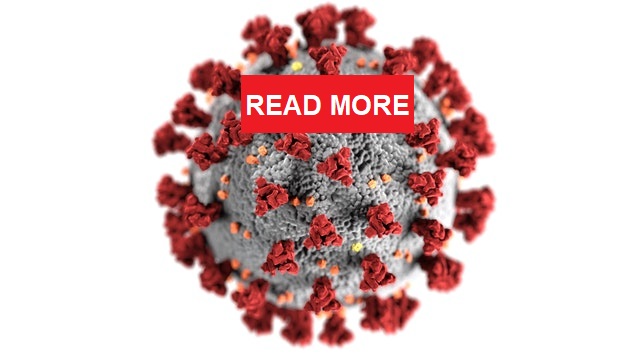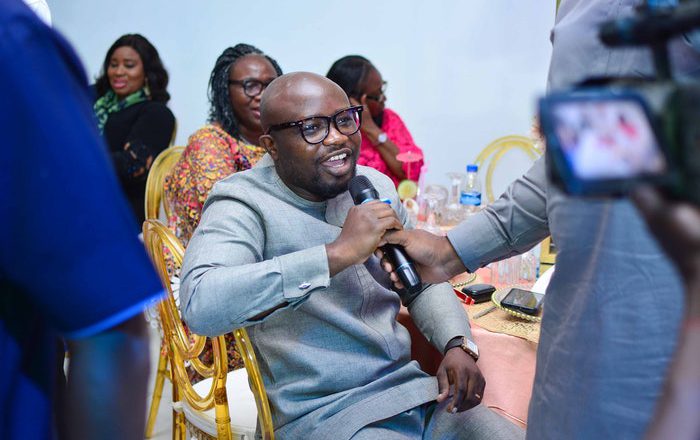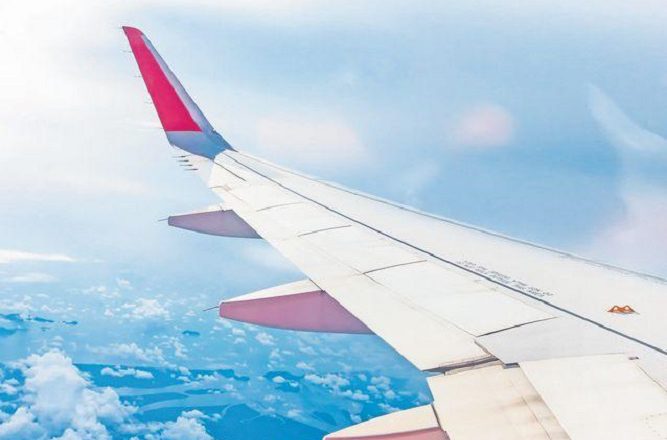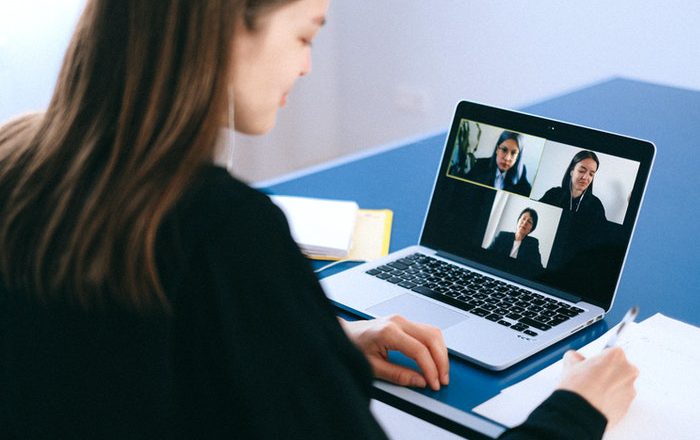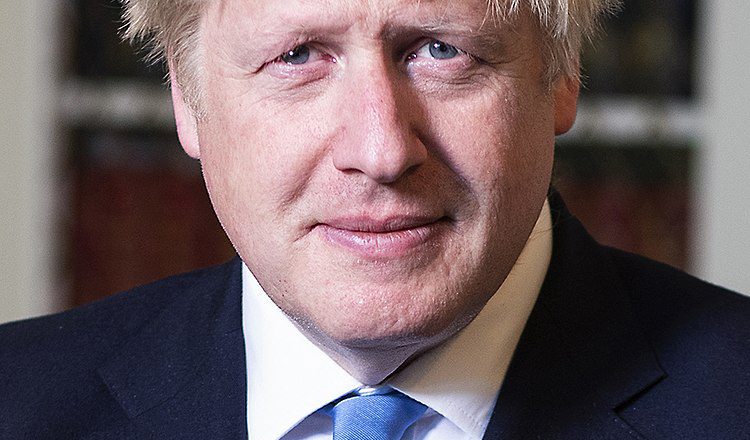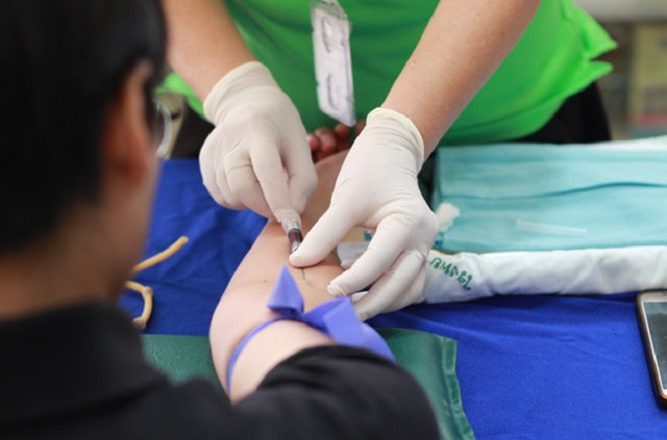One Small Part Of A Human Antibody Has The Potential To Work As A Drug For Both Prevention And Therapy Of COVID-19
Although a vaccine could be the ultimate solution to curb the COVID-19 pandemic and stop future ones, it will not be 100% effective. If it is anything like the flu vaccine, it will most likely be slightly more than 50% effective.
What is important to recognize is that a vaccine can protect but cannot treat an already infected person. In contrast, drugs including laboratory-made antibodies (Y-shaped proteins that can help fight a foreign substance) can do both – protect and treat. This is why currently many companies are developing antibodies for prevention and therapy of COVID-19. Physicians would inject patients with these antibodies, which would immediately recognize and inactivate the virus. Such a therapy would bridge the lag until the patient’s immune system was able to produce enoug...

